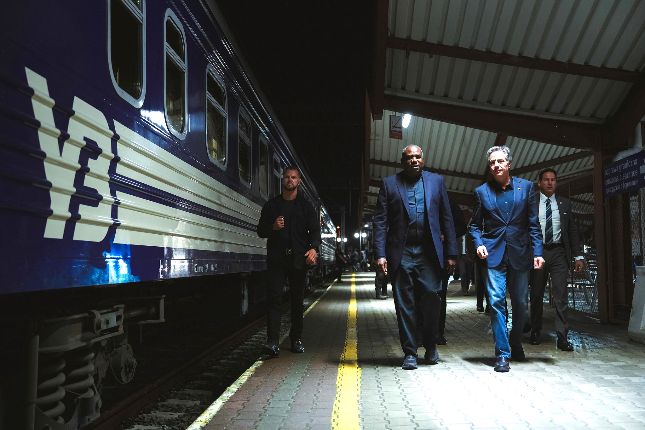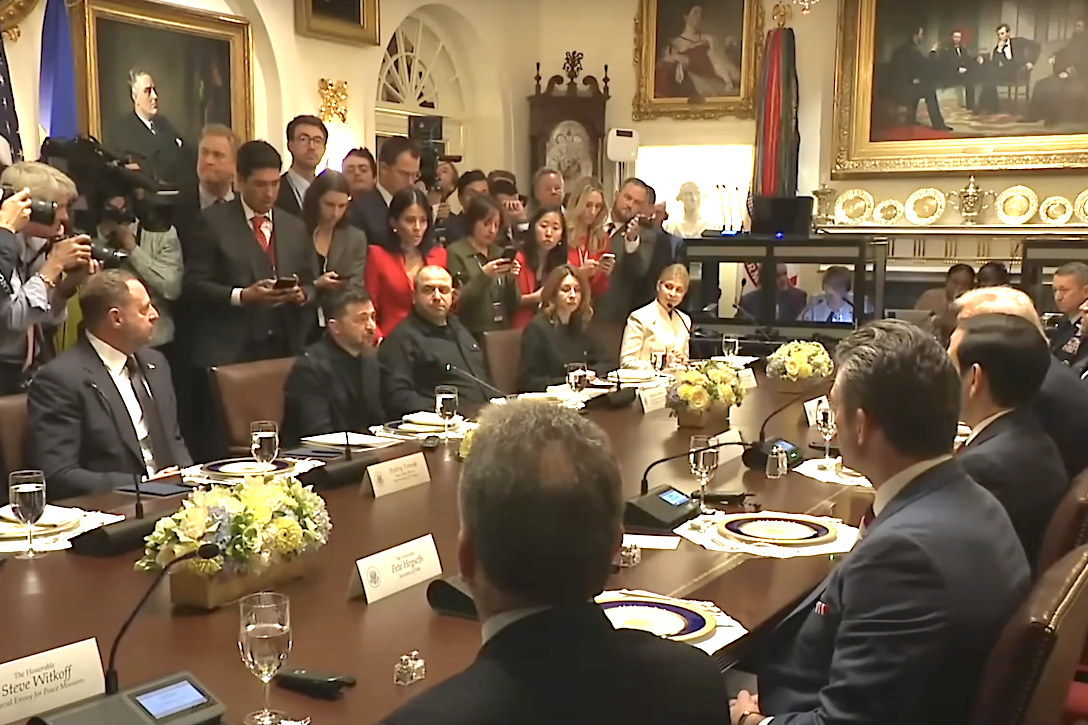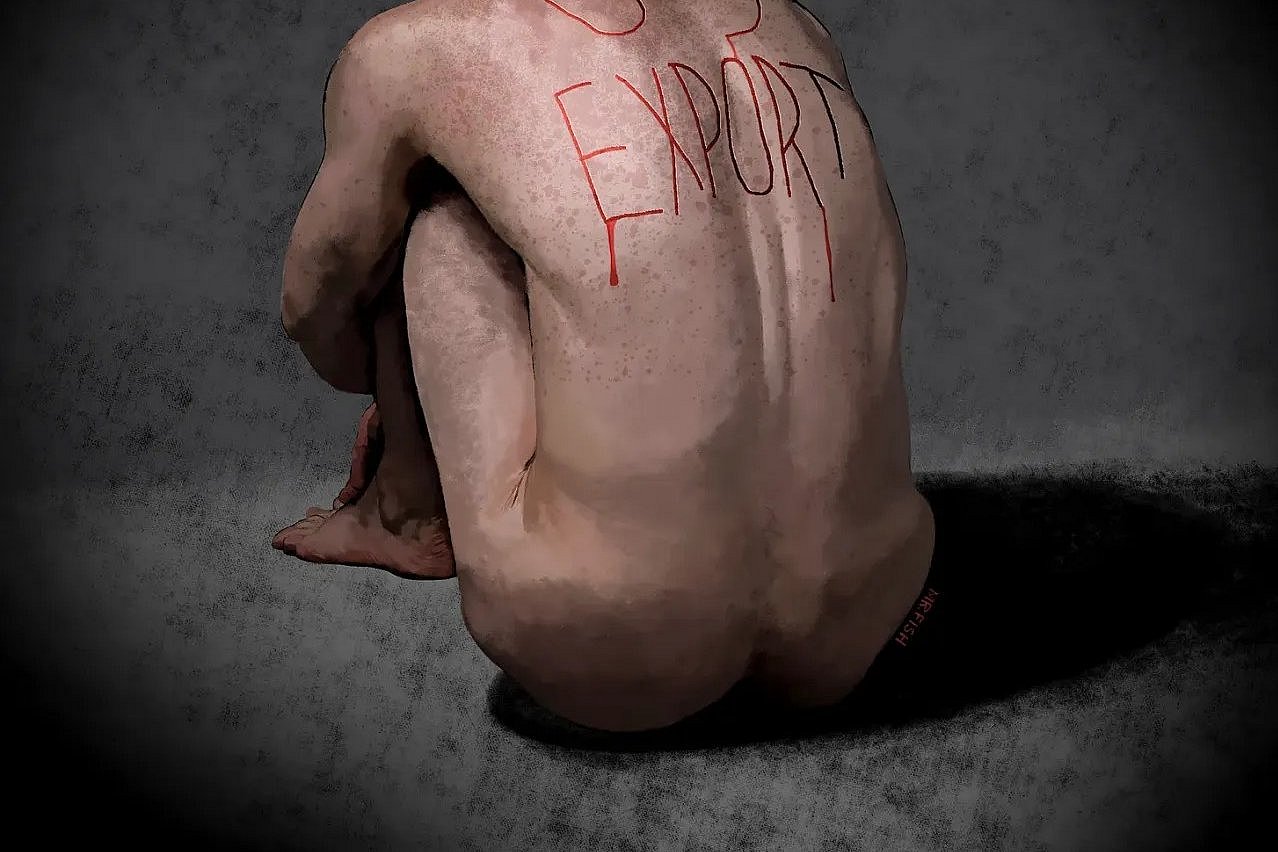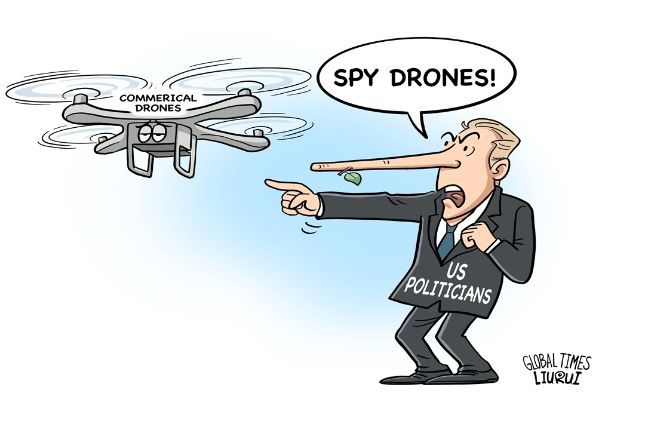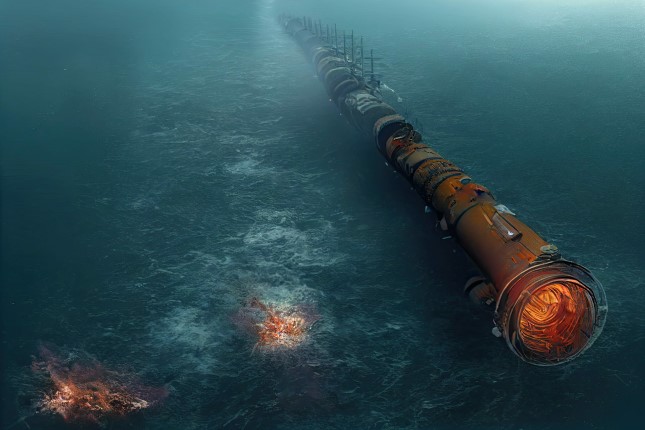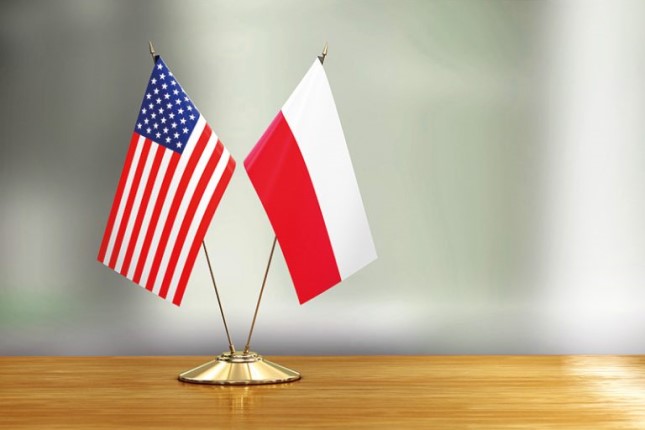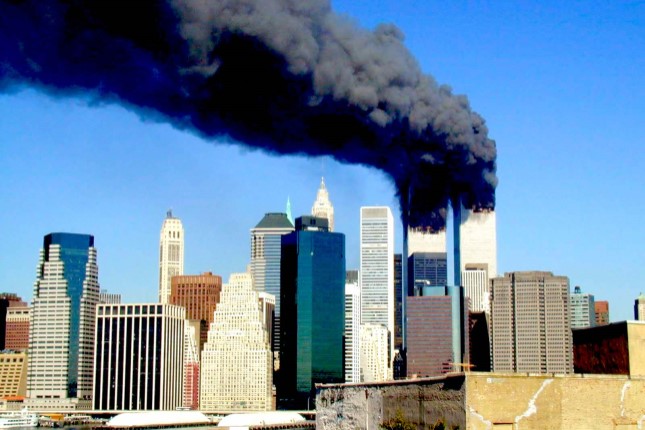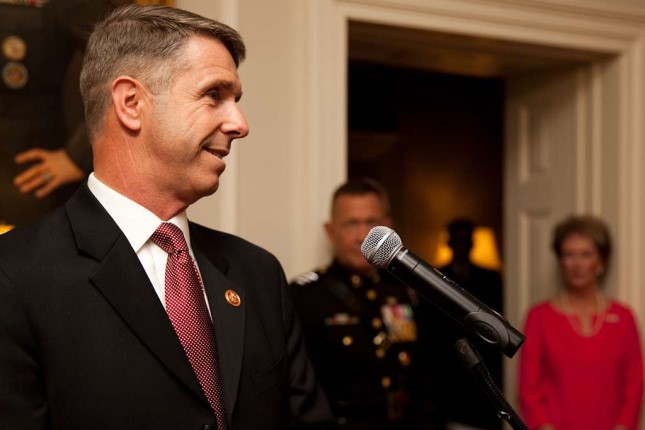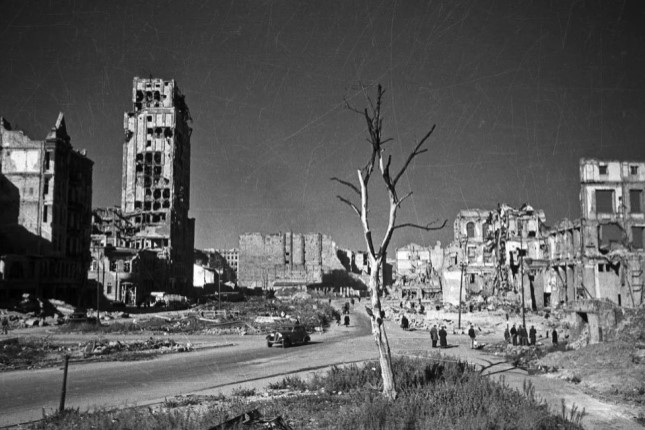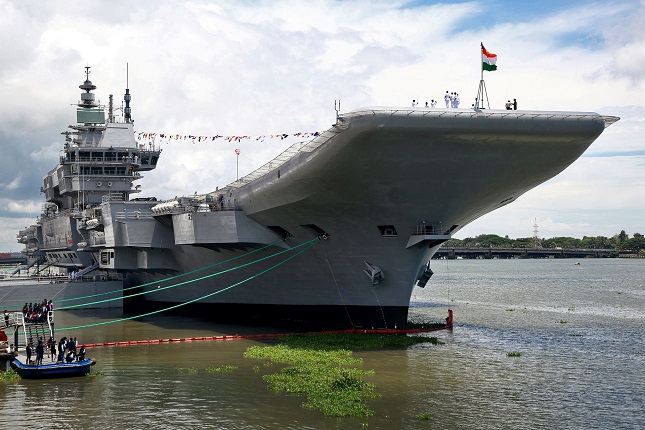The legendary Athenian historian and general, Thucydides, was a man who believed in the supposed verities of war and conflict as a means by which to settle the affairs of state.
It is therefore no accident or surprise that his classic account of the Peloponnesian War between Athens and Sparta in the fifth century BC remains a staple of military academies throughout the West.
Therein lies the problem, because unlike in the days of antiquity, when wars between the great powers were fought with spears and swords, in our time hypersonic missile technology and nuclear payloads have raised wars between the great powers — or perhaps reduced it — to the status of a zero sum game.
This is the grim context in which must be viewed the latest escalatory development when it comes to the conflict in Ukraine between Russia and the West. Yes, you read that correctly. This is in truth a conflict between Russia and the West, not per se Russia and Ukraine.
Ukraine in this regard is merely a convenient and bloodsoaked proxy — a cat’s paw whose manhood has and is being sacrificed on the altar of U.S.-led Western hegemony.
When British Foreign Secretary David Lammy and U.S. Secretary of State Antony Blinken arrived in Kiev by train from Poland on Wednesday, they did so bearing gifts. More money is to be poured into the failing attempt to bring President Vladimir Putin’s Russia to its knees, along with renewed consideration of providing Zelensky with the green light that will allow the Ukrainians to use the long-range missiles supplied by both to strike targets deep within Russian territory.
If this permission is ultimately granted, a dangerous proxy war will escalate closer to a direct U.S.-U.K. war on Russia, with all of the existential peril that implies.
U.S. Defence Secretary Lloyd Austin last Friday told Volodymyr Zelenksy he can’t use the U.S. ATACMS to hit deep inside Russia. But Blinken and the neocons in the State Department and in the U.S. Congress are pushing back against Austin.
British Prime Minister Kir Starmer will meet Joe Biden at the White House on Friday, with missile strikes no doubt on the table. It will be the mentally-addled Biden’s most consequential decision of the war.
The New York Times reported Thursday that Biden was close to allowing Ukraine to use British long-range Storm Shadow missiles to hit deep into Russia but not American ATACMS.
Lame Lammy
The newly installed Lammy as British foreign secretary is clearly out of his depth. Evidence for this was his hortatory declaration while in Kiev that the West guarantees Ukraine “100 years of support.”
The response to this boast came swift and sharp in the form of an X post from Dmitry Medvedev, former Russian president and current deputy chair of the Security Council of the Russian Federation. To wit: “Britain’s Foreign Secretary David Lammy has promised Ukraine 100 years of support. 1) He is lying. 2) So-called Ukraine will not last a quarter of that time. 3) The island called Britain is likely to sink in the next few years. Our hypersonic missiles will help if necessary.”
Lammy’s announcement that London is to donate an additional £600 million ($800 million) to Ukraine’s coffers, when placed against his same government’s recent decision to cut a winter fuel allowance that will affect 10 million of the country’s old age pensioners, tells us all we need to know.
It tells us that when it comes to wars abroad there is always money to be found, but when it comes to keeping vulnerable pensioners warm at home there is none available.
Ukraine is engaged in a conflict it cannot win, while Russia is fighting a war it cannot afford to lose.
The former has neither the manpower nor industrial capacity while the latter possesses both. The result is Kiev being turned into a NATO/U.S. dependency and the latter uncoupling from the West geopolitically and economically to the point of accelerating the formation of an Eastern post-hegemonic which points, increasingly, the way to the future.
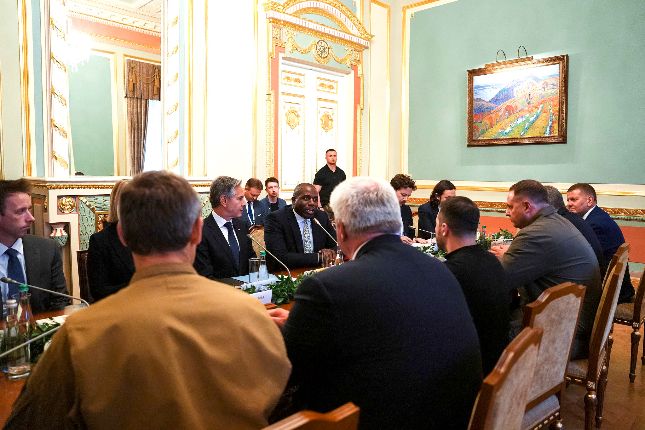
Blinken and Lammy, on left side of table, meeting with Ukraine’s President Volodymyr Zelensky on Tuesday. Photo: Ben Dance / FCDO, Flickr, CC BY 2.0.
For Moscow this is an existential struggle with its security in mind, while for the West the geostrategic stakes have never been higher.
Western ideologues have never forgiven Russia from recovering from the demise of the the Soviet Union and emerging with its sovereignty intact under Putin’s leadership.
The Russian president’s real crime in their eyes — his demonization aside — is that he has had the temerity to assert that decisions pertaining to Russia’s security should be taken in Moscow instead of in Washington, London or Brussels.
So now military escalation rather than diplomacy is the name of the game — at least for those who send the sons of the working class to fight and die in wars rather than their own. In his classic antiwar novel, Dalton Trumbo lays it out much more powerfully than this writer ever could: “So did all those kids die thinking of democracy and freedom and liberty and the safety of the home and the stars and stripes forever? You’re goddamn right they didn’t. They died crying in their minds like little babies … They died yearning for the face of a friend. They died whimpering for the voice of a mother a father a wife a child.”
It bears repeating again and again that this ugly and bitter conflict was eminently avoidable. It is a conflict not of Russia’s but of the West’s choosing.
Returning to our Athenian friend Thucydides, it is a conflict that from the West’s standpoint conforms to his view that “You need to be willing to endure the most trying of circumstances if it means preserving your standing in the world.”
We today are living through a seminal inflection point in human affairs. The old world is dying, per Antonio Gramsci, and our rulers are determined that the new world will never be born.
Understand that and you understand everything.
Main photo: U.K. Foreign Secretary David Lammy and U.S. Secretary of State Antony Blinken boarding Ukraine-bound train in Poland on Tuesday © Ben Dance / FCDO, Flickr, CC BY 2.0.
Source: Consortium News.
